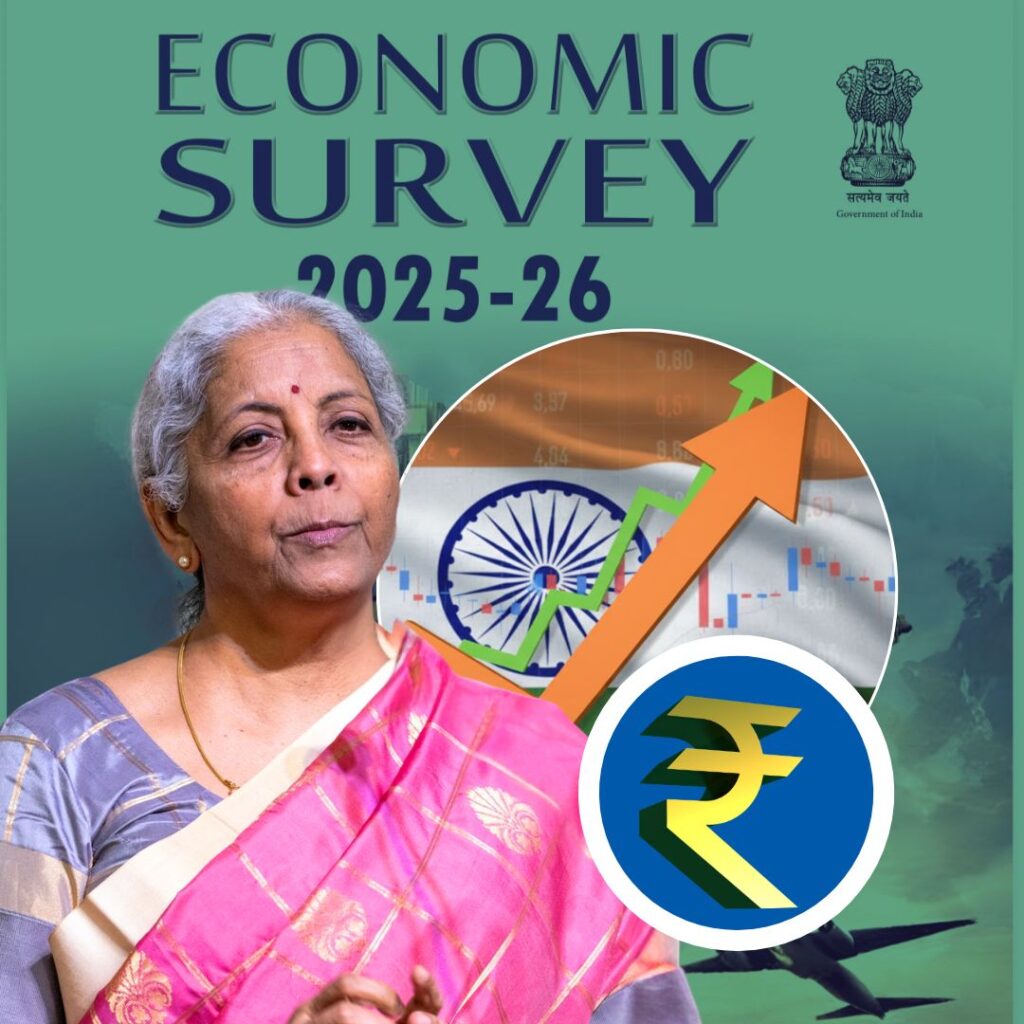Having access to high-quality healthcare ought to be a basic right rather than a privilege. Nevertheless, the truth is that people frequently put off getting essential medical care because of financial constraints. This is where health insurance comes into play, serving as a financial buffer between those in need of medical attention and those who cannot.
In this article, we will examine how health insurance promotes a healthier populace and a more just healthcare system by filling up healthcare gaps.
What are the Healthcare Gaps in India?
Every individual in India faces significant healthcare gaps that create an obstacle to accessing varied medical services across the diverse population. For a better insight, go through the below-listed healthcare gaps in this nation.
Socio-Economic Disparities
In this country, a major part of its population lives below the poverty line which makes it difficult for them to get proper access to healthcare. Most individuals are not able to seek necessary medical treatment due to high medical expenses which leads to chronic illness or unforeseen death.
Infrastructural Deficiencies
You will find most of the healthcare facilities like government hospitals, nursing homes, etc. are underfunded and poorly maintained. Especially, in government hospitals, chances of getting adequate medical assistance become low due to a shortage of beds and essential medical equipment. This eventually hampers the quality of medical care one must get.
Rising Diseases
Among many countries, it has been seen that India faces varied communicable and non-communicable diseases every year. Aside, several infectious diseases like tuberculosis, malaria, etc. are rising which keep the citizens of this country in danger. However, India lacks in providing adequate medical assistance at affordable budgets to commoners.
Role of Health Insurance in Bridging Healthcare Gaps in India
Among all, health insurance is the only healthcare product which is designed in such a way that it provides optimal financial security to the policyholders. Having a health plan will reduce your financial burden in times of emergencies and provide some peace of mind. To discover more about it, read below.
Financial Protection
The primary purpose of health insurance is to reduce your out-of-pocket expenses by offering a financial safety net for all medical emergencies. A comprehensive health plan covers a wide range of healthcare services, like pre and post-hospitalisation, surgeries, etc. Thus, such plans help people to afford necessary medical treatments without draining their savings or emergency funds.
Easy Access to Healthcare Facilities
Almost every insurance provider in India has a network of hospitals to which one can get access by purchasing their health insurance. It provides easy access to various hospitals where the insurer will cover your medical expenses. Having a health plan is ideal to seek advanced medical treatments without any financial fear. It also ensures timely and quality care for insured individuals.
Improved Quality of Care
Health insurance promotes standardised treatment protocols through hospitals which provide consistent and high-quality medical care to the insured person. It also encourages competition among insurance companies to maintain high standards. It helps in enhancing the overall quality and design of a health plan across India.
Preventive Care and Health Management
Most of the health insurance plans in India offer preventive care services, such as regular health check-ups, doctor’s fees, screenings, wellness programs, and many more. These initiatives promote early detection and management of diseases, which helps in reducing the burden of serious illnesses and improving your overall health.
Government Initiatives for Health Insurance in India
Other than private insurers like ACKO General Insurance, etc., the Government of India is also addressing the above-stated healthcare gaps to improve the quality of healthcare services. They are creating awareness about how health insurance can act as a solution for it.
Below are the 11 Government health insurance schemes which help individuals below the poverty line to get adequate medical assistance without financial drainage.
1. Ayushman Bharat Yojana
2. Pradhan Mantri Suraksha Bima Yojana
3. Rashtriya Swasthya Bima Yojana
4. Awaz Health Insurance Scheme
5. Karunya Health Scheme
6. Mahatma Jyotiba Phule Jan Arogya Yojana
7. Aam Aadmi Bima Yojana
8. Central Government Health Scheme (CGHS)
9. Chief Minister’s Comprehensive Insurance Scheme
10. Employees’ State Insurance Scheme
11. Universal Health Insurance Scheme
The Bottom Line
Health insurance plays a pivotal role in bridging healthcare gaps in India by providing financial protection and enhancing the quality of medical care. It also promotes preventive health practices among the common people.
Moreover, one can get tax benefits on their health insurance under Section 80D of the Income Tax Act of India. Through government and private sector initiatives, health insurance benefits are reaching all segments of society. This is improving the overall healthcare system of the country.
To get more knowledge on health insurance policies and affordable premiums, contact the officials at ACKO Insurance.













